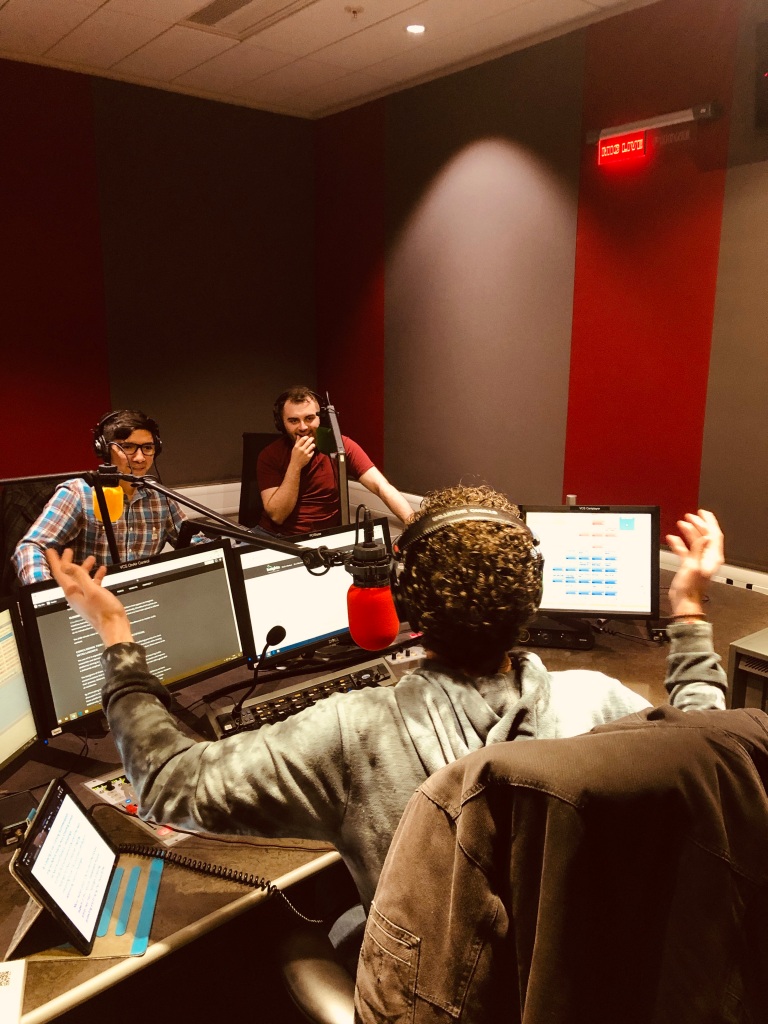
Welcome to this weeks blog, as promised I have a surprise for you, myself and the team have got together to bring you a super special podcast with my colleagues, Andrew, Jack, and Fabian.
Our new podcast channel will continue to put more content out each month!! Stay tuned in!! United we stand and may we make waves together!! Let’s hope the new channel named Waves 🌊 will make a big splash, hope you like the new logo for the podcast!!
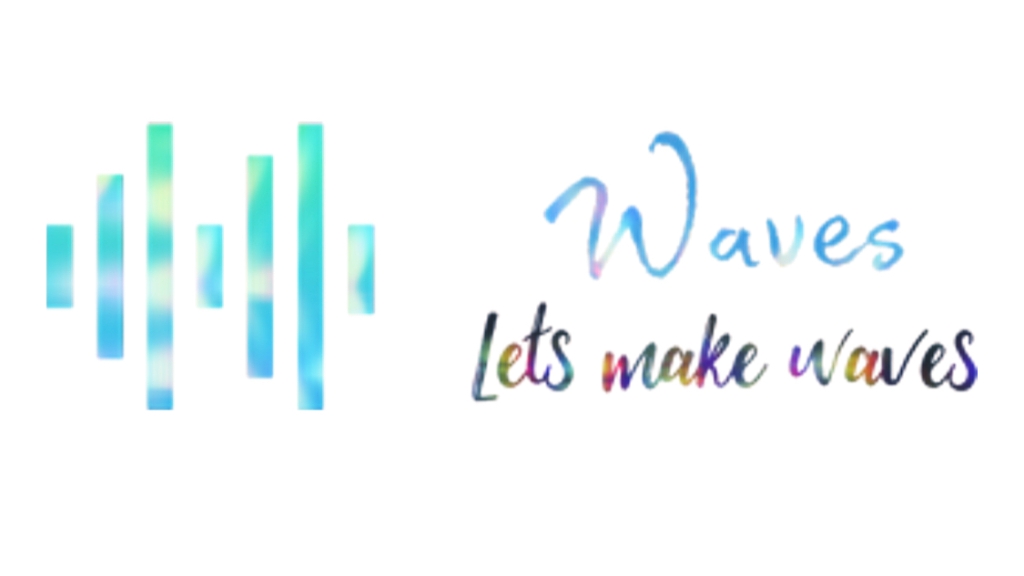
This week at Waves we take to the radio station and recorded a feature podcast for the audio and entertainment industry. We did this with an official radio setup, each of the four presenter microphones are AKG C414’s. These microphones are of a high professional quality for this type of production.
The radio studios we use can be linked together and run on a system called VCS which is an automated playout system, this is as used exclusively by the BBC and renewed for the next 10 years by the BBC. The mixing consoles are called Studer On Air 3000, again identical to what is used at the BBC.
To gauge the emerging role and future of AI in the music industry, we researched this sector in depth to help answer questions business leaders are asking today.
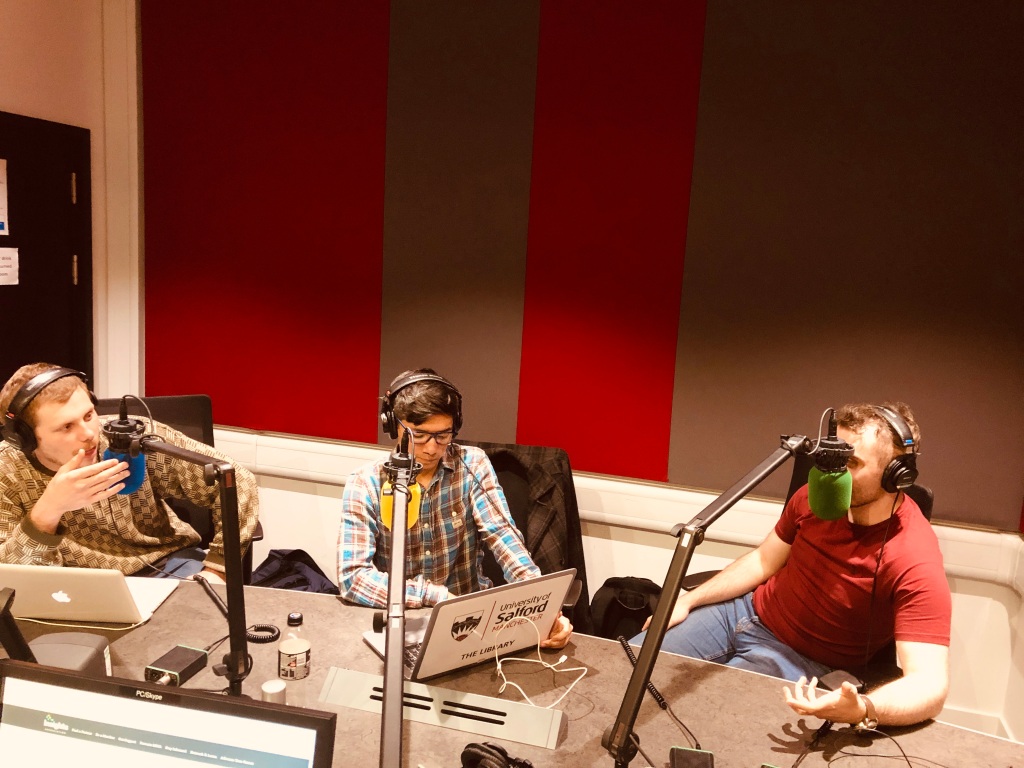
Streaming is big business for artificial intelligence. Currently, the record industry has topped 7.4 billion in Revenues from streaming music platforms, this has grown to 30% and contributing 75% of total revenues for 2018, accounting for virtually all the revenue growth for the year, it’s big business and this is where AI is makings waves!! take a look at the RIAA report for more figures on streaming!!
The main topics of discussion in our podcast are in the field of artificial intelligence and the future for audio applications, we will be looking at three main categories in this field.

Music Composition: We look at how companies are currently taking to artificial intelligence to create, enhance, and complement music content.
Music Streaming: Also we will be looking at how companies use machine learning, and deep learning systems, to understand how these algorithms are able to recommend content to the user based upon data via activity.
Music Monetisation: Then we look at how artificial intelligence mastering platforms like LANDR and Cloud Bounce are able to help artists find cheap alternative solutions to help them monetise their music along with distribution services, helping them generate revenue.

Let’s jump back in time to the first song ever made by artificial intelligence, this was back in 1956 called Illiac Suite, composed by Lejaren Hiller, in collaboration with Leonard Issacson using the computer seen in the picture below, which generated a string quartet, generally agreed to be the first score composed by an electronic computer.
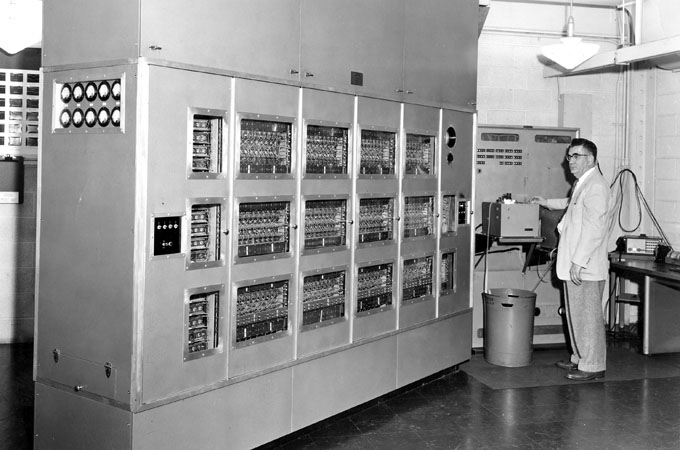
Britannica (2019)
To pay homage to this amazing musical composition, we play this at the start and end of our podcast, make sure to tune in to listen!!
Here is another great example of artificial intelligence that we reference in our podcast. Scientists at SONY CSL Research Lab have created the first-ever entire songs composed by Artificial Intelligence, this is our top pick which actually sounds like The Beatles, and is a pretty exemplary attempt, solely composed by artificial intelligence.
“Scientists at SONY CSL Research Lab have created the first-ever entire songs composed by Artificial Intelligence called Daddy’s Car” Flow Machines (2019)
Check out there website https://www.flow-machines.com for lots of exciting new discussions on artificial intelligence. Flow Machines is a research and deployment project aimed at achieving augmented creativity of the artist in music, Flow Machines (2019).
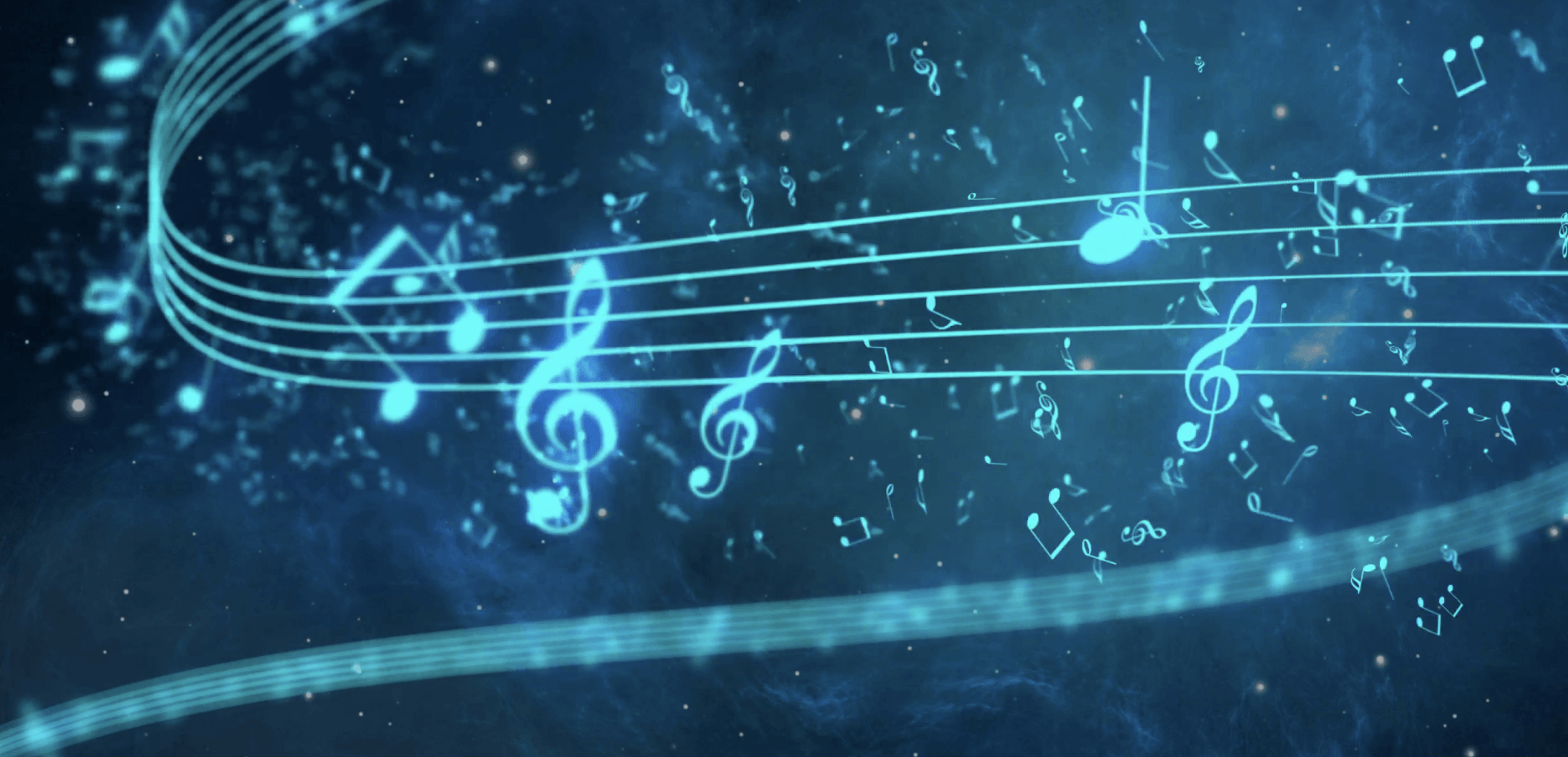
Music Composition
Popgun

Popgun is the first of our topics in music composition, which was launched in Australia back in 2017. Popgun reportedly uses a type of artificial intelligence called deep learning via a platform called ALICE to accompany or augment musical compositions.
“The startup’s team, mainly composed of software engineers, argues that the goal of their work is to foster collaboration and “not replace human abilities” Popgun (2019)
Check out this link and video below, were Popgun’s AI shows its prediction skills as an engineer play short piano sequences, and the AI responds with what it thinks they’ll play next. Alice’s skills are pretty intriguing.
- ALICE is able to try to predict what a musician will play.
- ALICE can accompany a musician as they play.
- ALICE can attempt to improvise upon what a musician plays.
They use deep learning mechanisms, and neural networks to process and augment thousands of songs over many genres. This is at the cutting edge of technology, make sure to check out their plugin for Ableton Live called Splash Pro.
This software can interpret the style of a given musical composition, then just simply play along to aid the human user and complement or even complete their vision.
Amper Music

The next big company in the field of audio applications is Amper which is a cloud-based, AI-driven music composition platform. This engine can generate unique music on many varying factors like mood and style dependant on the parameters set by the user. This kind of ability will aid people who have no musical training and not only them but professionals also.

“Amper Score™ enables enterprise teams to compose custom music in seconds and reclaim the time spent searching through stock music. Whether you need music for a video, podcast, or another project, Score’s Creative AI quickly makes music that fits the exact style, length, and structure you want.”
Amper Music (2019)
Amper aims to provide individuals with no musical training and professionals alike, with the ability to quickly compose original music. First, the algorithm is trained on data from a large collection of musical tracks across a wide range of genres. The algorithm can then identify key components of each musical composition and predict the type of audio a user wants to create. Take a look at this video which shows a potential future for music!!
Company founder Drew Silverstein shows us what the Amper platform can do when it comes to aiding musicians with composition. He imagines a world where artists will collaborate with artificial intelligence in creative endeavors.

Music Streaming
Spotify
When it comes to Spotify, it’s emergence is on a level only dreamed by businesses alike, it has grown from strength to strength with its recommendation engines.
These are some of the most common AI applications in the technology market. They rely on algorithms which build a picture of the user playlists, tastes, time listened to artists along with tracks, and volume considerations, many data banks form a larger picture and through deep learning, it builds suggestions based on the activity of the user and other users.

Spotify also uses a process called collaborative filtering which is a method of classifying information, they would use the recommendations of other users to help form links for other subscribers and make predictions.
Pandora

Pandora’s is an internet radio station launched back in 2000 as of yet this is not available in the UK it is over 2 million analysed songs via its Music Genome Project, utilising machine learning for selecting songs.
“One of the most fascinating areas of research at Pandora is ‘Machine Listening’. In the music domain, we seek to develop systems that are capable of automatically understanding the musicological content of an audio signal. These systems rely heavily on supervised machine learning, and Pandora’s Music Genome Project provides the largest and most detailed corpus in the world for performing this work, spanning over 1.5 million analyzed tracks. As a result of this dataset, we have been able to develop incredibly rich and accurate machine listening representations.” – Erik Schmidt – Staff Scientist
(Pandora 2017)
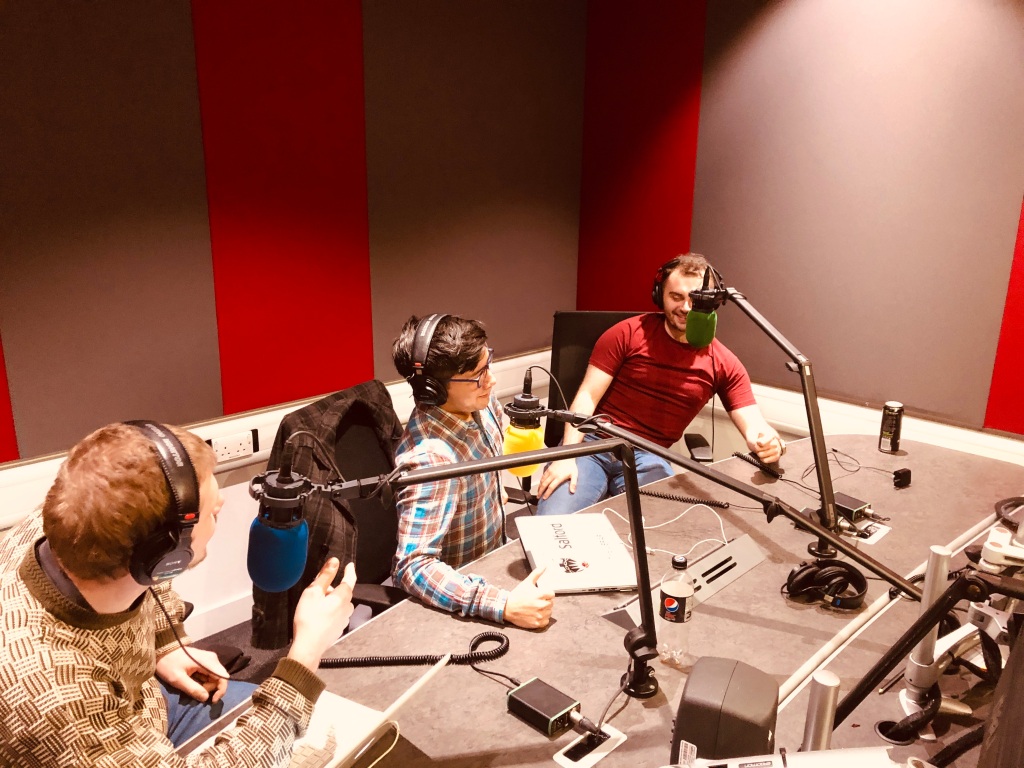
Music MonetiSation
LANDR
LANDR is an AI mastering tool for your track at the fraction of the cost of a mastering engineer, professional recording can cost thousands of pounds to make, its clearly not a cheap process.

Companies like LANDR are attempting to level the platform by giving musical artists the ability to master or professionally complete their songs at affordable rates.
“LANDR audio mastering gives you the power of artificial intelligence and data from over 10 million mastered tracks—professional sound that fits the future of music production.”
LANDR (2019)
LANDR uses a process of using machine algorithms that are trained on the standard steps that a recording engineer would take to master a piece of music or audio. Mastering of tracks is free for MP3 tracks up to 192kbps in size.
The company claims that its AI-driven mastering engine is trained on “data from millions of mastered tracks” combined with a large repository of knowledge from music engineers. The algorithms classify a track based on the elements of its production style. This process also informs the post-production processing that would be best suited for the track.
The company offers distribution services to the leading streaming services.
LANDR claims artists will keep 100 percent of sales and rights. A private sharing feature was recently launched to help users share their music online more safely.
CloudBounce
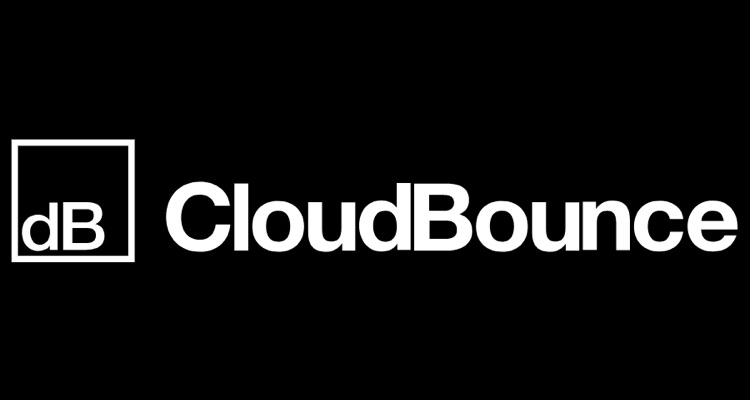
CloudBounce is a fully automated mastering platform that tries to integrate machine learning. CloudBounce’s are more expensive then LANDR. They offer one free track as an introduction to the service.
They also have a new concept where a fully AI-driven application called DBounce, which is a decentralised AI audio ecosystem. With dBounce, their goal is to build a robust, open network for AI audio production. Together with the creator community,
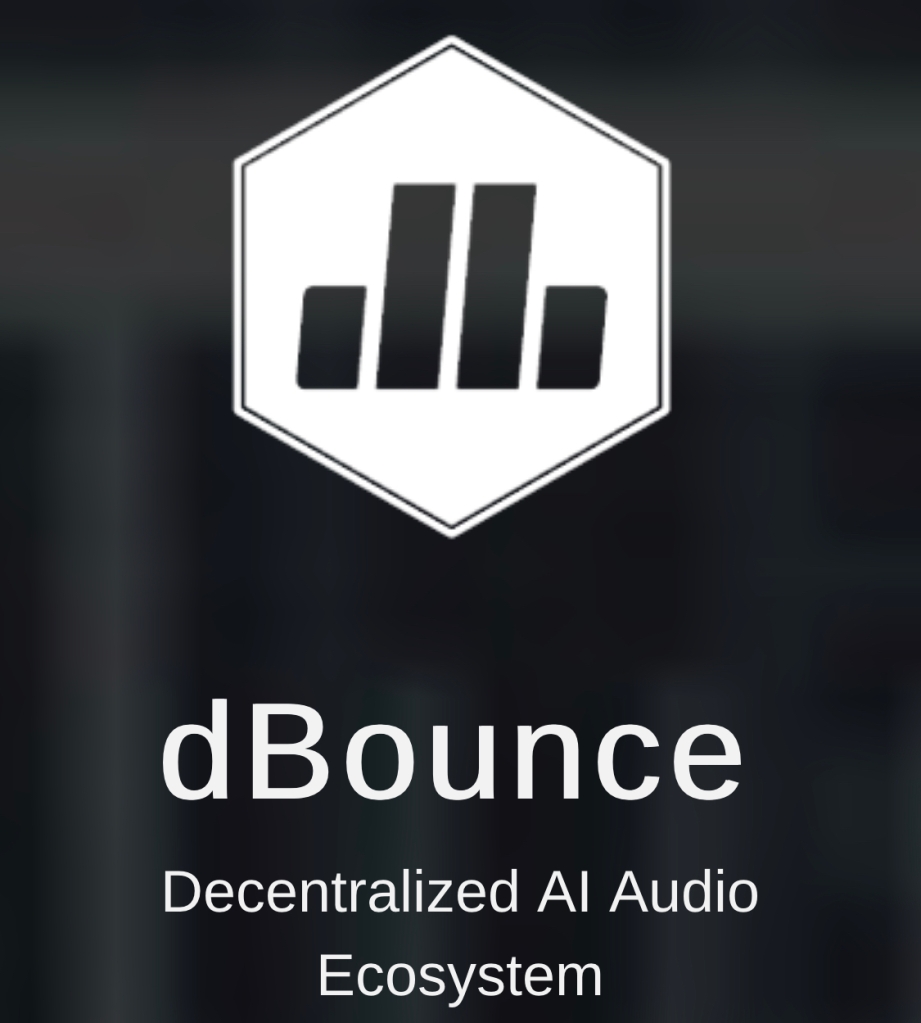
There are many options in the market for AI to flourish in, be it music composition, music streaming, and music monetisation. AI looks like it’s here to stay, the data is the propulsion mechanism, and the algorithms support the framework of the AI software, we go into all of this and more in this week’s podcast!!
it’s time to listen to the podcast!!
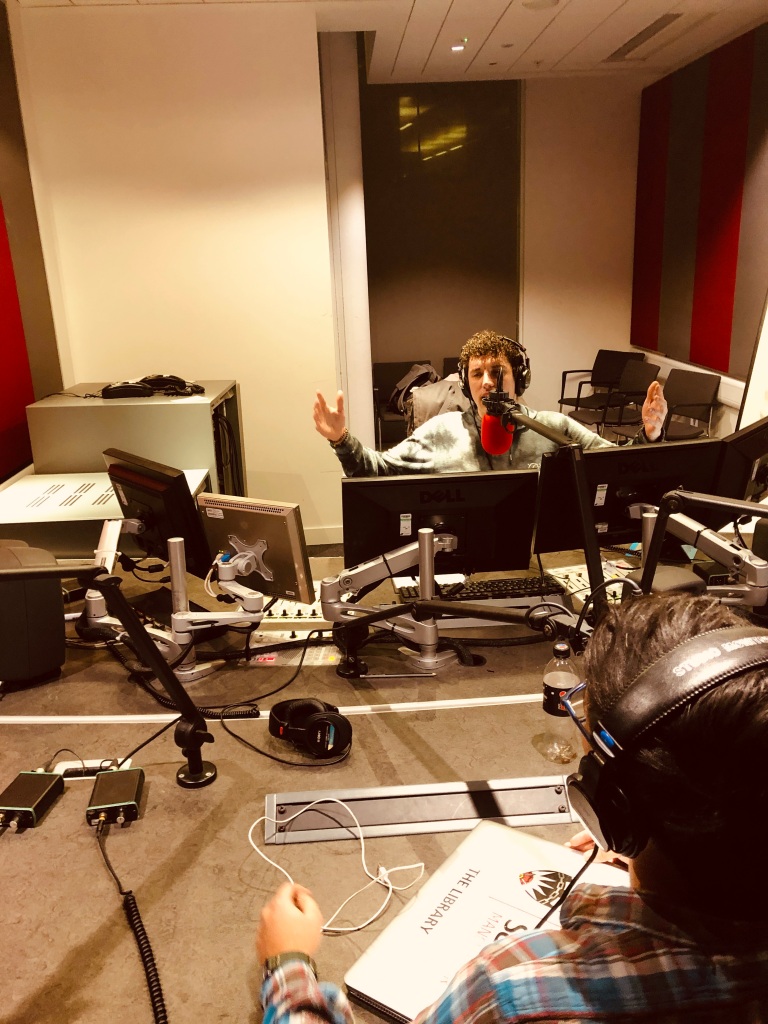
Enjoy!! Tune in next month for our next amazing podcast!! The topic is our music tastes, the question is are they real or are they preordained from an ethereal realm!! We know AI is now in control with our musical tastes from our previously enjoyed music data, can this go further!! Can AI create music for us that we will like from our current tastes?
References
Amper Music. (2019). Amper Music. [online] Available at: https://www.ampermusic.com
Aprameya, L. (2018). An Autonomous Intelligent Music Teacher. IEEE Potentials, 37(1), 10-14.
Britannica (2019). Computer Music [online] Available at: https://www.britannica.com/art/electronic-music/Computer-music#ref395219
Bohn, J. (2019). History of Illiac – I [online] Available at: https://music.illinois.edu/ems-history-illiac-i
CloudBounce. (2019). CloudBounce. [online] Available at: https://www.cloudbounce.com/dbounce
Flow Machines. (2019). Flow Machines. [online] Available at: https://www.flow-machines.com https://www.cloudbounce.com/dbounce
Friedlander, J. (2019). [online] Riaa.com. Available at: https://www.riaa.com/wp-content/uploads/2019/02/RIAA-2018-Year-End-Music-Industry-Revenue-Report.pdf
LANDR (2019). LANDR. [online] Available at: https://blog.landr.com
Pandora (2017). Pandora. [online] Available at: https://www.pandora.com/about
Popgun. (2019). Popgun. [online] Available at: https://popgun.ai
Smoliar, S. (1995). Music, mind, and machine: Studies in computer music, music cognition, and artificial intelligence: Peter Desain and Henkjan Honing, (Thesis Publishers, Amsterdam, 1992); 330 pages. Artificial Intelligence, 79(2), 361-371.
Solis, J., & Ng, Kia. editor. (2011). Musical Robots and Interactive Multimodal Systems (Springer Tracts in Advanced Robotics, 74).
Soundonsound.com. (2018). AI & Music. [online] Available at: https://www.soundonsound.com/music-business/ai-music
Spotify (2019) [online] Available at: https://www.spotify.com/uk
